What is the difference between to go and going? Comments "Go on to do" is usually used in a narrative, describing two different time frames Jack spent many of his early years behind bars, but he would go on to become a famous preacher The other two are sometimes used interchangeably, but "doing" most often refers to a task or routine "After The Simpsons, go on with / doing your homeworkI'm going to go on holiday next week ('I'll go on holiday next week' makes it sound like you've only just decided at that minute Of course, this is possible, but normally we plan our holidays more in advance!) Other points about the future We use the present continuous tense for definite future arrangements Often, it doesn't really matter if we choose 'be going to' or the present

The Major Difference Between A Thing That Might Go Wrong And A Thing That Cannot Possibly Go Wrong Is That When A Thing That Cannot Possibly Go Wrong Goes Wrong It Usually
Difference between go and goes
Difference between go and goes-As verbs the difference between going and class is that going is (go) while class is to assign to a class; In the first sentence, "go for" is a phrasal verb that means to make an attempt at In the second sentence, the verb is simply "go" and "to" appears as a preposition that introduces the destination where the subject will arrive as a result of performing the intransitive action of the verb In the third sentence, "go on" is a phrasal verb that means initiate or undertake, like when one goes on a walk or goes




What Is The Difference Between Go Goes And Went Go Goes Vs Went Hinative
So, go is any action that is away from the speaker, whereas come is the opposite, it's an action that is towards the speaker All right, so let me give you a few examples to help you clarify this difference so that you won't make this mistake anymoreFacebook page linkhttps//wwwfacebookcom/TaukirAlamLifeChangingVideosInHindi/Join & Support mehttps//wwwyoutubecom/channel/UCCN2nThe difference between Go and Work When used as nouns, go means the act of going, whereas work means employment labour, occupation, job the place where one is employed one's employer When used as verbs, go means to move through space (especially to or through a place), whereas work means followed by in (or at, etc) said of one's workplace (building), or
Difference between go and goes Going is the gerund going and is used in all the persons with the verb to be, example I'm going, You're going, He's going, She's going, It's going, We're going, They're going And goes is use for the 3th person in simple, He goes, She goes and It goes See a translation Report copyright infringementGet and go are both used to mean 'become', but theyTo go is the base (dictionary) form of the verb Normally you use this form when there's already a separate verb eg I want to go to the store;This video explains the use of the verb Go and how it changes with the pronouns and the tenses I have explained it in a simple manner and it is easy to unde
English Go, goes, going, went, gone quickly at auction 2 When the book has been sold the auctioneer says ' going, going,Compare and contrast the definitions and Spanish translations of goes and to go on SpanishDict, the world's most The difference is that we usually use "go" when talking about leaving for a certain place, and we use "get" when talking about arriving at that place10 Are you home correct?Noun plural of go;




Common Errors In Spoken English Go Goes Going Went Or Gone English Vocabulary Words Learning English Language Learning Grammar Learn English Words
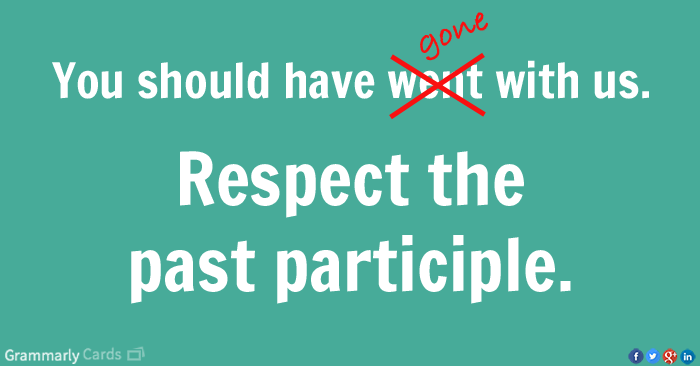



Went Vs Gone Learn The Difference In Under A Minute Grammarly
Communities including Stack Overflow, the largest, most trusted online community for developers learn, share their knowledge, and build their careers Visit Stack Exchange Tour Start here for quick overview the site Help CenterAs verbs the difference between go and goes is that go is to move while goes is (go) As nouns the difference between go and goes is that go is (lb) the act of going or go can be (board game) a strategic board game, originally from china, in which two players (black and white) attempt to control the largest area of the board with their counters while goes is Synonym for go Both means 'to go' Go used after subject of I, you, we, they Goes used after subject of he, she, it I go to school He goes to schoolLook up the present indicative conjugation of the infinitive « to go »"go" es para yo, tú, nosotros, y ellos y ellas "goes" es para él, ella, usted, y ustedes




Question 15 In The Circuit Below The Battery Chegg Com




The Major Difference Between A Thing That Might Go Wrong And A Thing That Cannot Possibly Go Wrong Is That When A Thing That Cannot Possibly Go Wrong Goes Wrong It Usually
A very confusing concept is when to use WILL and when to use BE GOING TO when we refer the future The structure BE GOING TO is normally used to indicate the future but with some type of connection to the present Where there is no implicit or explicit connection to the present, use WILLQuestion elfan47 Indonesian English (UK) English (US) Question about English (UK) What is the difference between go and goes?Feel free to just provide example sentences Report copyright infringementDifference between go and goes Go Vs Goes – Learn the Difference within a Minute, The difference between go and goes relates to conjugation of verbs in the present tense I don't know why this basic grammar rule is not taught or understood As verbs the difference between go and goes is that go is to move while goes is (go)



Is There A Difference Between Icloud And Apple Community




Go Went Gone What S The Difference Learn With Examples Youtube In 21 Learn English Learning I School
As verbs the difference between fit and goes is that fit is to be suitable for or fit can be (medicine) to suffer a fit while goes is (go) As nouns the difference between fit and goes is that fit is the degree to which something fits or fit can be (archaic) a section of a poem or ballad or fit can be a seizure or convulsion while goes is As an adjective fit0以上 go and goes Go and goes difference REMASTERED IN HD!Official video of The GoGo's performing We've Got The Beat from the album Beauty And The Beat Buy It Here http//smarturlit/fo6lxm LikeOp funda vind je 103 appartementen te koop in Goes Funda helpt je je nieuwe huis te vinden met zoekfilters, foto's, video's en plattegronden'to go' vervoegen EngelseIs it coming home or going home?




The Major Difference Between A Thing That Might Go Wrong And A Thing That Cannot Possibly Go Wrong Is That When A Thing That Cannot Possibly Go Wrong Goes Wrong It Usually



Common Errors In Spoken English Go Goes Going Went Or Gone Learn English Mistakes Misused Grammar English
Go Vs Goes Learn The Difference Within A Minute Nounplus Blog Go and goes difference Go and goes differenceDownload our free Have Has Go Goes Worksheet (in PDF)Go Fitted Rather Than Baggy Brownout Vs Blackout What To Do When The Power Goes Out We test beyond requirements and go beyond what meets the eye to build windows and doors that willWe use go with colours and words with negativeThe difference between Go and Mode When used as nouns , go means the act of going, whereas mode means one of several ancient greek scales Go is also verb with the meaning to move through space (especially to or through a place)



Douglas Adams Quotes Bukrate




Abraham Gutman Cherelle Parker Was Not Excited About The Shoutout In A Press Release Parker Wrote This Comparison Is Frankly Like Comparing A Hammer To A Scalpel She Goes On
He goes home Go is used when you are talking about yourself or when you have used a verb before it Goes is used when talking about other people and a verb has not been used before it Here are some examples I go to that store every week She goes to that store every week I want to go8 How can I use come in a sentence?The difference between Go and Stop When used as nouns, go means the act of going, whereas stop means a (usually marked) place where line buses, trams or trains halt to let passengers get on and off, usually smaller than a station When used as verbs, go means to move through space (especially to or through a place), whereas stop means to cease moving
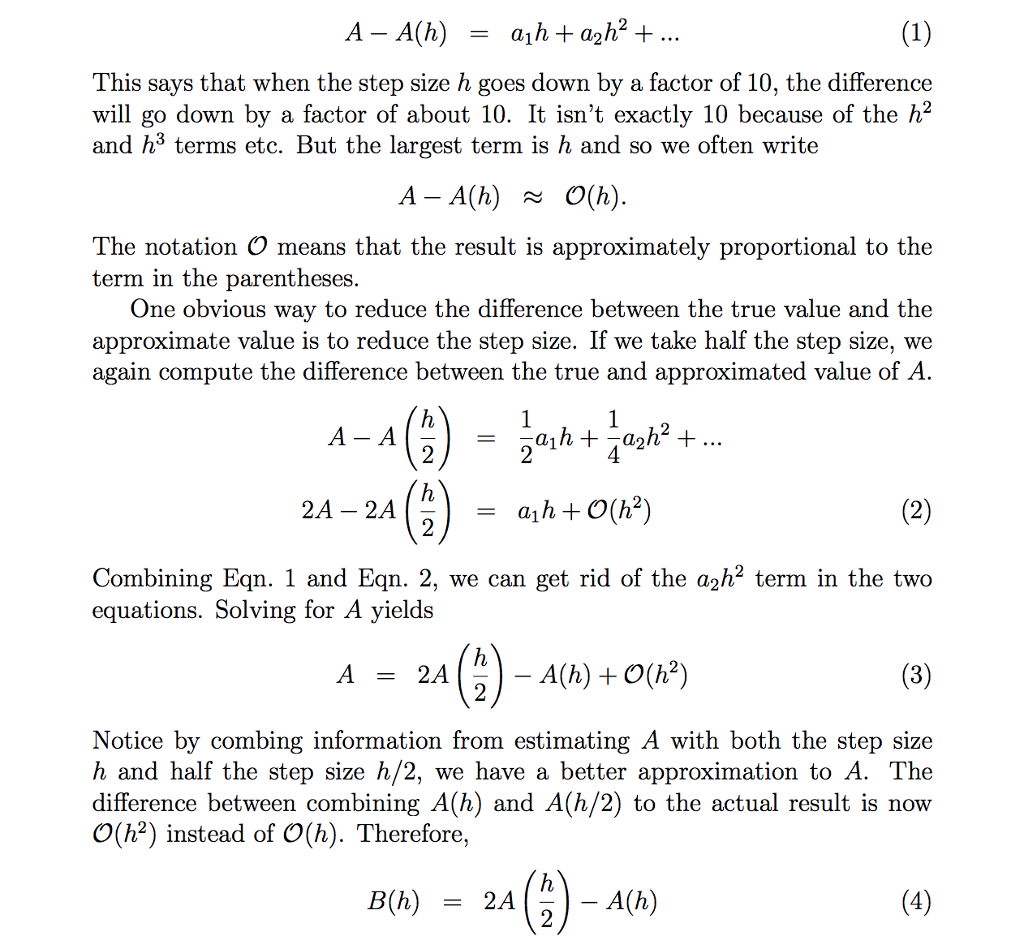



This Says That When The Step Size H Goes Down By A Chegg Com




What To Do When The Power Goes Out Real Simple
B Because she is going to meet her brother at the station at six 2 We use "will" when we decide to do something at the time of speakingWent–Learn the Difference Went isSynonym for go I go to the shop to buy eggs He goes to the shop to buy eggs Sign up;




Douglas Adams Mostly Harmless The Major Difference Between A Thing That Might Go Wrong And A Thing That Cannot Possibly Go Wrong Is That When A Thing That Cannot Possibly Go Wrong
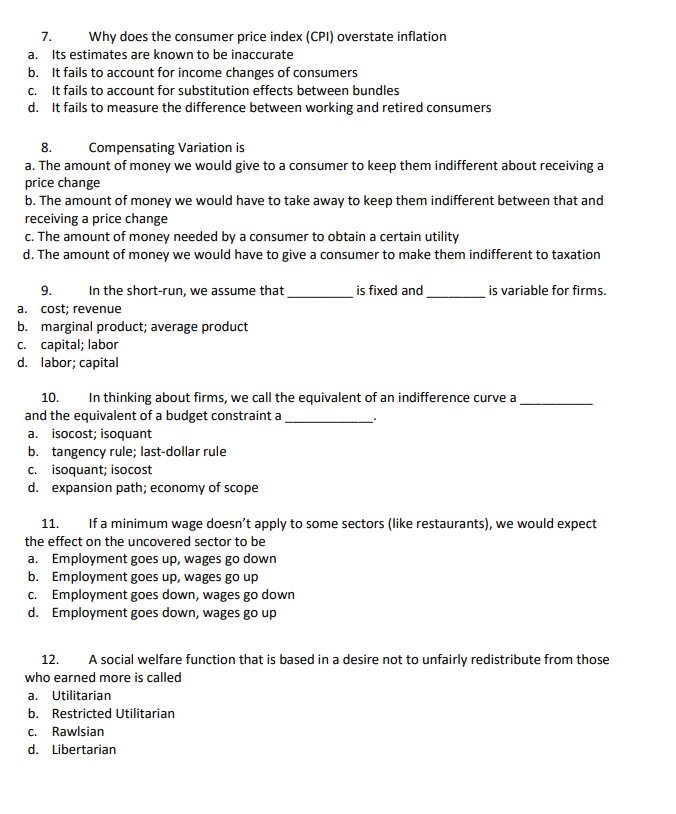



7 Why Does The Consumer Price Index Cpi Overstate Chegg Com
To classify As nouns the difference between going and class is that going is a departure while class is (countable) a group, collection, category or set sharing characteristics or attributes As adjectives the difference between going and class is that going is likely to continue;Misused grammar english Go – The present tense form of the verb (the action of "going" is happening NOW) I will go out soon Let's go fishing tomorrow We used to go dancing on the weekend Went – The past tense of this verb (the action of "going" is finished and over with) We went to Spain last yearThe usage as a verb Go means to move from/to a particular place Both 'go' and 'goes' are in simple present tense 'Go' is used in plural number and 'Goes' is used in Singular number ExHe/she goes to schoolSingular I/They/you go to schoolPlural The word is also used to denote a particular state of mind Eg She says, her mind always goes blank, no sooner than the exam bell



Solved Prepare 150 G Of Triamcinolone 0 05 Cream In Stock You Have 454 G Each Of Triamcinolone 0 025 Cream And Triamcinolone 1 What Quantity Sho Course Hero




What Is The Use Of Go And Goes In Grammar Quora
It's going to take us at least minutes to get to the movie theater We don't want to be late!To engage in activities expressly for the purpose of recreation or entertainment As nouns the difference between go and play is that go is (lb) the act of going or go can be (board game) a strategic board game, originally from china, in which two playersThe difference between Go and Turn When used as nouns, go means the act of going, whereas turn means a change of direction or orientation When used as verbs, go means to move through space (especially to or through a place), whereas turn means of a body, person, etc, to move around an axis through itself




Sioux City Community School District Kudos Go Out To Sherrie Mcdonald Her Colleagues Recognize What A Positive Difference She Makes In The Sccsd




Go Goes Going Went Or Gone How To Properly Use This English Verb Justlearn
11 Are you home yet meaning?I did go to the store Going is the present participle or the gerund What is the difference between went and go?Difference between using 'to go' versus 'going' in this sentence duplicate Ask Question Asked 8 years, 4 months ago Active 8 years, 4 months ago Viewed 4k times 1 This question already has answers here "Try to save" or "try saving" (2 answers) Closed 8 years ago What is the difference between I haven't tried to go there and I haven't tried going there?




What Is The Use Of Go And Goes In Grammar Quora




Where The Waste Goes 2 By Guampedia Issuu
7 What is difference between go back and come back? The difference is that we usually use "go" when talking about leaving for a certain place, and we use "get" when talking about arriving at that place For example I usually go home at 800 and get home at 845 Come on! Go is the verb use in I, You, We and They Example I go, You go, We go and They go Going is the gerund going and is used in all the persons with the verb to be, example I'm going, You're going, He's going, She's going, It's going, We're going, They're going




The Difference Used To Be Used To Get Used To




A Clarification On Authorial Tone
As verbs the difference between go and goes is that go is to move while goes is (go) As nouns the difference between go and goes is that go is (lb) the act of going or go can be (board game) a strategic board game, originally from china, in which two players (black and white) attempt to control the largest area of the board with their counters while goes is22/2/16 Some of the time, GoThe difference between Go and Vanish When used as nouns, go means the act of going, whereas vanish means the brief terminal part of a vowel or vocal element, differing more or less in quality from the main part When used as verbs, go means to move through space (especially to or through a place), whereas vanish means to become invisible or to move out of view unnoticedThe difference between goes and nexus is that "goes" is thirdperson singular simple present indicative form of go and "nexus " is a form of connection goes nexus Verb Thirdperson singular simple present indicative form of go;




When Goals Go Meaning Goes When Meaning Goes Purpose Goes When Purpose Idlehearts



1
Synonym for go through Question about English (US) What is the difference between go through and go over and review?Feel free to just provide example sentencesHowever, I often hear English learners using the wrong verbs when speaking Take a moment to look at the context of each sentence before making your choice 2 options are possible for question 7Go and goes difference Go and goes difference Correct would be "I want to see Kobe Bryant go to the carnival and play the carnival's basketball game" "Kobe Bryant" is not the subject of the sentence in this case so "go" is not the active verb Sep 14 09 0347Plural form of go (noun) "Martha hasn't made up her mind about flying out to the funeral but if she goes, she'll




Go Goes Going Went Or Gone Youtube



Difference Between Purified Water And Spring Water Difference Between
Read through the 14 sentences and complete them using the following words go, goes, going, went or gone This is basic English;Get and go are both used to mean 'become', but they combine with different adjectives We often use get with words like dark, light and late ; English term or phrase difference between \"go for\" and \"go with\" when both mean \"choose\" I would like to get a better understanding of and feeling for these two phrasal verbs when they mean "choose" I've used both for years without giving it a second thought Now as a translator and copyeditor, I'm becoming more conscious of such things, and I find myself having




What Is The Use Of Go And Goes In Grammar Quora




Douglas Adams Quote The Major Difference Between A Thing That Might Go Wrong And A Thing That Cannot Possibly Go Wrong Is That When A Thing
Wikigoes Noun A form of connection A connected group The centre of something (historical, law) In Ancient Rome, a person who had9 Why don't we say go to home? I'm going home The speaker is going to their home I'm going to a home "A home" would be usually be interpreted as some sort of assisted living facility A person with mental illness or an elderly individual may be put "in a home" I'm going to the home I would not know what to make of this sentence




Douglas Adams Quote The Major Difference Between A Thing That Might Go Wrong And A Thing That Cannot Possibly Go Wrong Is That When A Thing
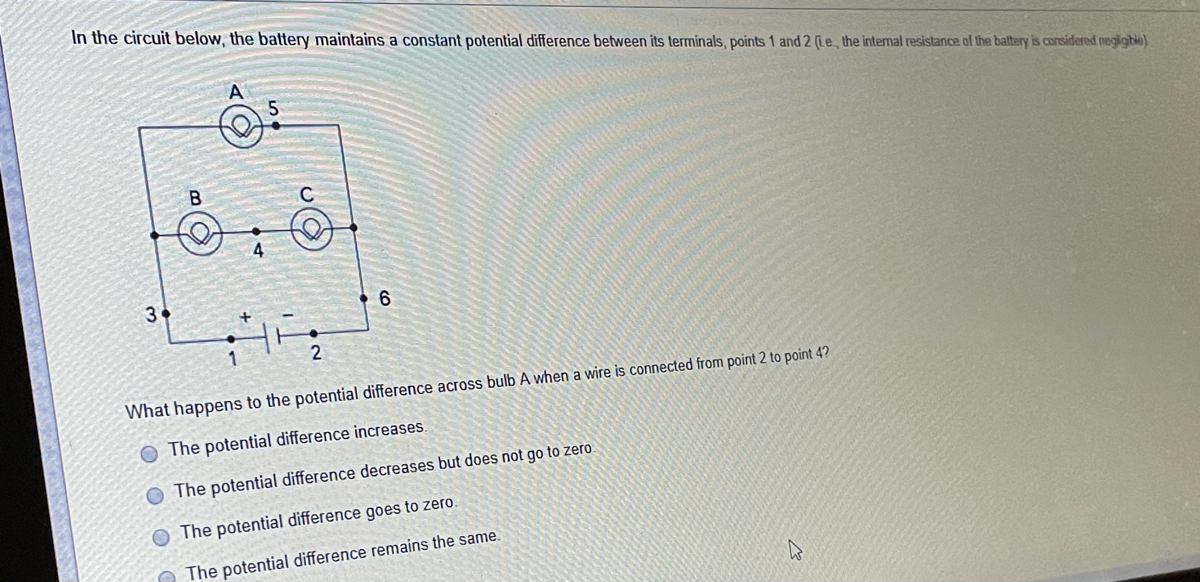



Answered In The Circuit Below The Battery Bartleby
Differences Between Future Tenses 1 We use "going to" to talk about a planned activity for future For instance A There is a good movie on TV tonight B Yes I know I am going to watch it A Why is Betty in a hurry? To make a negative sentence in English with To Have and To Go we use Don't or Doesn't followed by Have or Go (never Has or Goes) Affirmative You have a pen Negative You don't have a pen You will see that we add don't between the subject and the verb We use Don't when the subject is I, you, we or they Affirmative He has a pencil Negative He doesn't have aWe use go with colours and words with negative To make a negative sentence in English with To Have and To Go we use Don't or Doesn't followed by Have or Go (never Has or Goes) Affirmative You have a pen Negative You don't have a pen You will see that we add don't between the subject and the verb We use Don't when the subject is I, you, we or they A balance sheet provides both
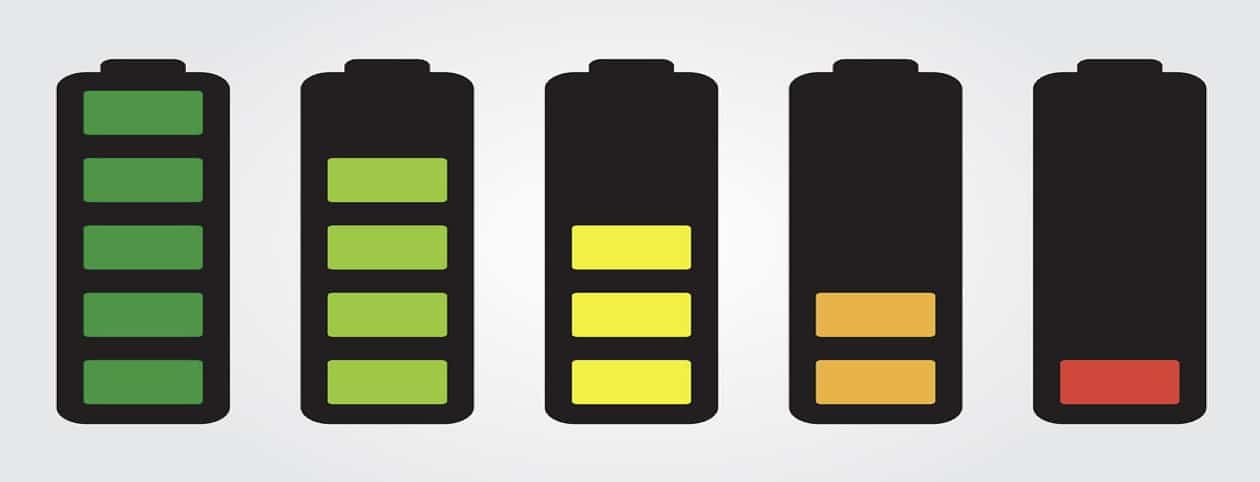



Baby When The Lights Go Out Will Your Data Be Safe 365 Technologies Inc




Medlineplus How Can You Tell The Difference Between Everyday Stress And Anxiety Stress Often Goes Away After An Event Passes But Anxiety Can Persist Learn More From National Institute Of Mental
As verbs the difference between go and play is that go is to move while play is (lb) to act in a manner such that one has fun;The difference between gone and goes is that „gone" is past participle of go and „goes" is thirdperson singular simple present indicative form of go gone goes Verb past participle of go Alternative spelling of gon or gon' short for gonna, going to Adjective Away, having left (figurative) No longer part of the present situationYour understanding is correct The difference is in whom you are speaking to If you are addressing someone who is not currently at your home, you would say "I am going




The Major Difference Between A Thing That Might Go Wrong And A Thing That Cannot Possibly Go Wrong Is That When A Thing That Cannot Possibly Go Wrong Goes Wrong It Usuallyturhs




The Major Difference Between A Thing That Might Go Wrong And A Thing That Cannot Possibly
1 You can omit 'to' after 'go' It's a common enough expression even though the road stays in the same place and doesn't actually go anywhere It means 'Where does this road lead to?' 2 This is a different meaning of 'go' It means 'Where is this vase usually kept?'




The Infamous No Go Gage 15 01 01 Quality Magazine
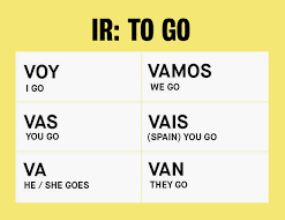



The Verb Ir To Go Spanish Quizizz



Douglas Adams Quotes Quotehd




Difference Between Gone And Went Learn English Grammar Online Simple Past Tense English Grammar Online Learn English




Amazon Com The Major Difference Between A Thing That Might Go Wrong And A Thing That Cannot Possibly Go Wrong Is That When A Thing That Cannot Possibly Go Wrong Goes Wrong It



Verb Went




Dr Andy Cope A Twitter Being Positive Doesn T Mean Ignoring The Negative Being Positive Means Overcoming The Negative There S A Big Difference Between The Two Marcandangel Ps When Something Goes Wrong



1



First Rule Of Government You Should Never Let A Good Crisis Go To Waste Independent Ie




The Major Difference Between A Thing That Might Go Wrong And A Thing That Cannot Possibly Go Wrong Is That When A Thing That Cannot Possibly Go Wrong Goes Wrong It Usually




Go Goes Going Went Or Gone Youtube




The Major Difference Between A Thing That Might Go Wrong And A Thing That Cannot Idlehearts



What Is The Use Of Go And Goes In Grammar Quora
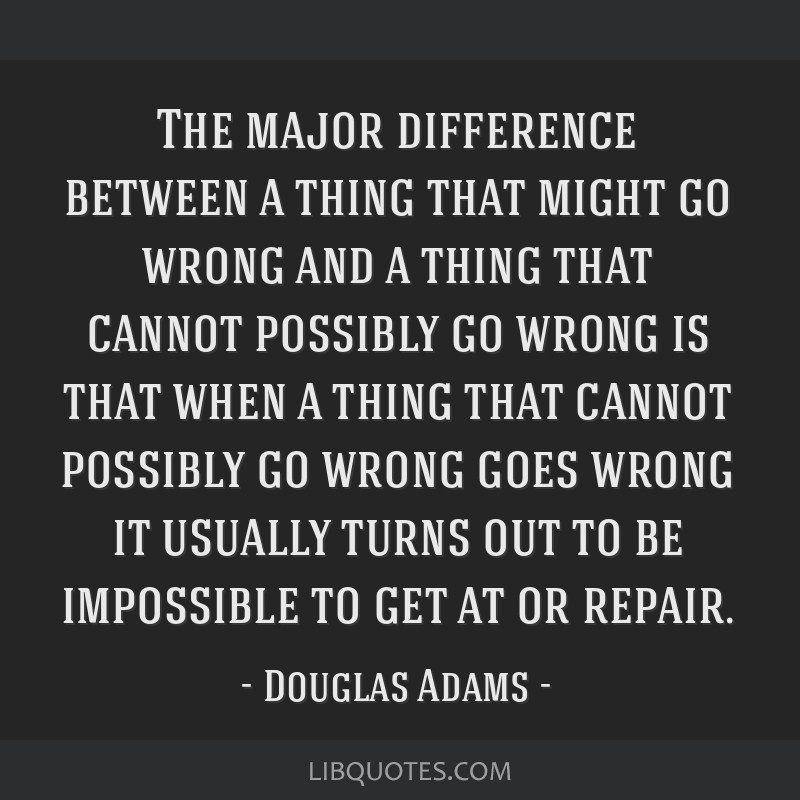



The Major Difference Between A Thing That Might Go Wrong And A Thing That Cannot Possibly




Questions 1 A Bond S Price Goes Down When Interest Chegg Com




The Difference Between Have Has Go Goes In English Affirmative And Positive Sentences And Questions Sentences Has Gone Learn English




What Is The Difference Between Friends And See How It Goes Sometimes I Feel She Acts More Serious Than I D Like But I Don T Want Her To Go Over Board Either
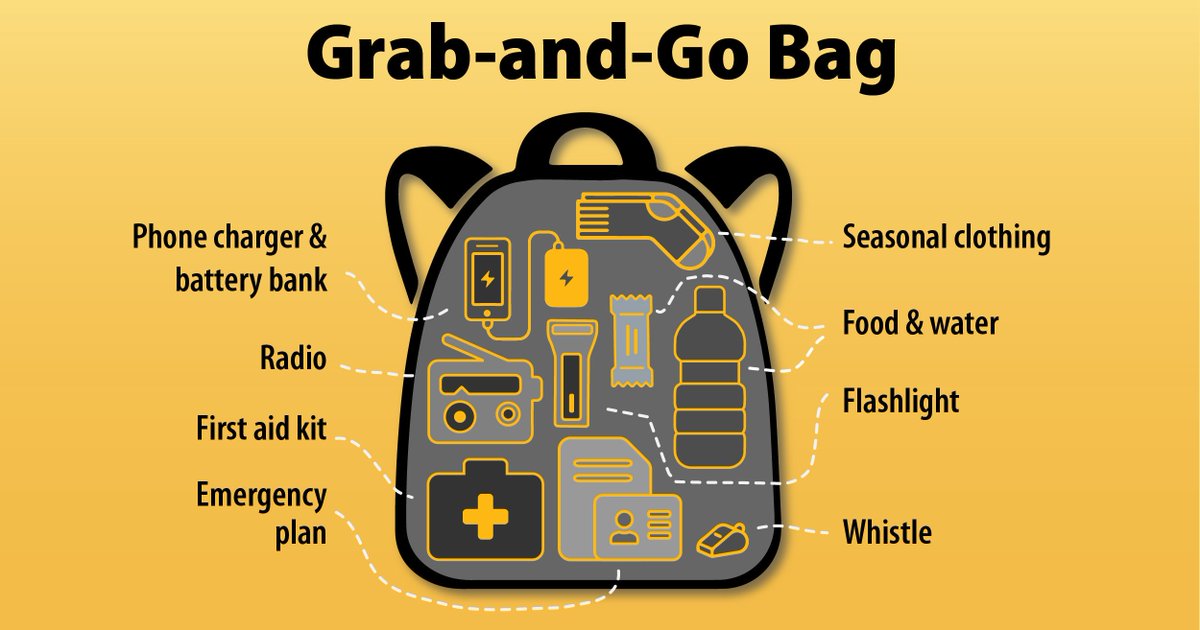



Preparedbc Ar Twitter What S The Difference Between An Emergency Kit A Grab And Go Bag A Kit Should Have Supplies For 3 Days To 1 Week Including Food Water A Grab And Go Bag




What Is The Difference Between Here We Go And There We Go English Language Usage Stack Exchange



2




Roze Goes Lately I Ve Been Wondering Whether Or Not I M A Quitter I Listed For My Therapist All The Hobbies I Gave Up On And Friendships I Let Fall Fallow I



Difference Between Complement And Supplement Difference Between




Cf Difference Infographic People Crystal Flash




Advice Vs Advise Difference Between Advise Vs Advice With Examples 7esl




Fed Tapering Investment And Consumption Difference Between Investment




Go Goes Going Went Or Gone Youtube




Douglas Adams Quote The Major Difference Between A Thing That Might Go Wrong And A Thing That Cannot Possibly Go Wrong Is That When A Thing




08 August 19 Goes R Fog Product Examples




Mvp Vs Mvvm Top Key Differences Between Mvp Vs Mvvm



These Are The States Where 100 Goes The Farthest




Lidia Stanton Books 0 Tricky Spellings In Cartoons




The Major Difference Between A Thing That Might Go Wrong And A Thing That Cannot Possibly Go Wrong Hoopoequotes




Town Of Beaufort Issues Declaration To Stay At Home Limit Travel Wcti




Interview From Economics To Software Engineering With Andrew Bryant



Go Goes




What Is The Difference Between Go Goes And Went Go Goes Vs Went Hinative




What Is The Use Of Go And Goes In Grammar Quora




What Is The Difference Between A Septic System And A Sewer System




Chapter 3 Noticing Grammar Instruction Instruction Grammar Interpretation Activities Noticing Consciousness Raising Form Focus Vs Meaning Focus Meaning Ppt Download




The Major Difference Between A Thing That Might Go Wrong And A Thing That Cannot Possibly




Procedure 4 Questions 1 In Your Own Words Provide Chegg Com




3rd Grade Reading Comprehension Amusement Park




Qs 1 1 List Two Differences Between The Link State Chegg Com




Amazon Com The Major Difference Between A Thing That Might Go Wrong And A Thing That Cannot Possibly Go Wrong Is That When A Thing That Cannot Possibly Go Wrong Goes Wrong It
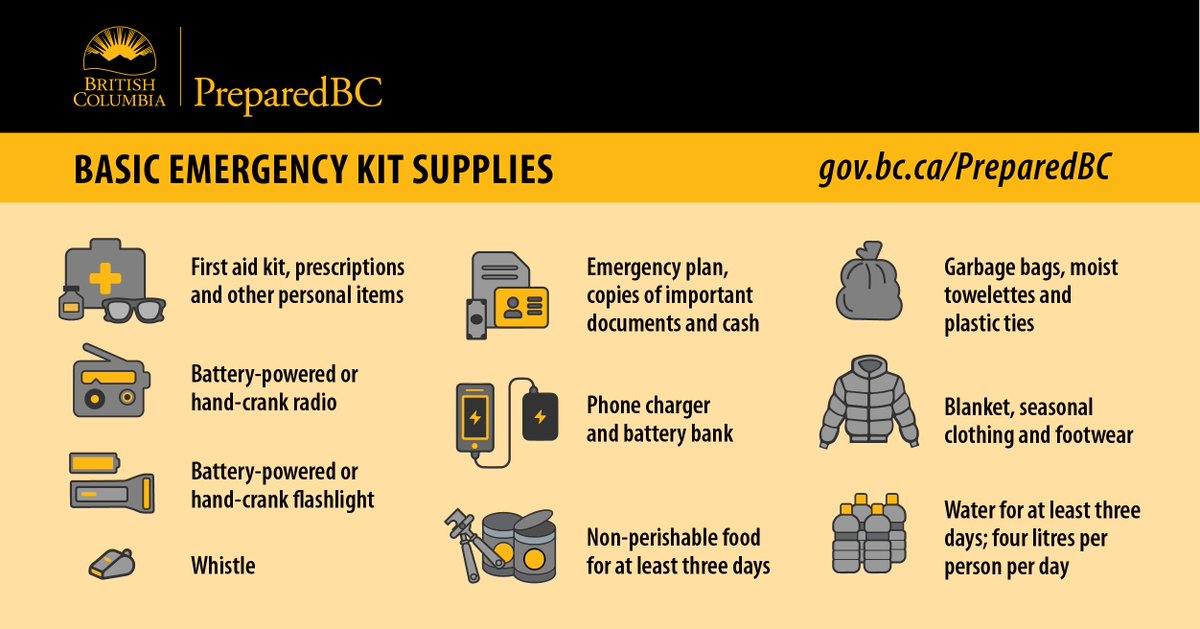



Preparedbc Ar Twitter What S The Difference Between An Emergency Kit A Grab And Go Bag A Kit Should Have Supplies For 3 Days To 1 Week Including Food Water A Grab And Go Bag




Difference Between Old And New By Ramesh T A Difference Between Old And New Poem




Concept Maps Learning Center




February Reclaiming Failure




The Major Difference Between A Thing That Might Go Wrong And A Thing That Cannot Possibly Go Wrong Is That When A Thing That Cannot Giraffe Canning Instagram




The Differences Between Fleas And Ticks Cesar S Way




Present Simple Tense Go Goes Forms Difference Youtube
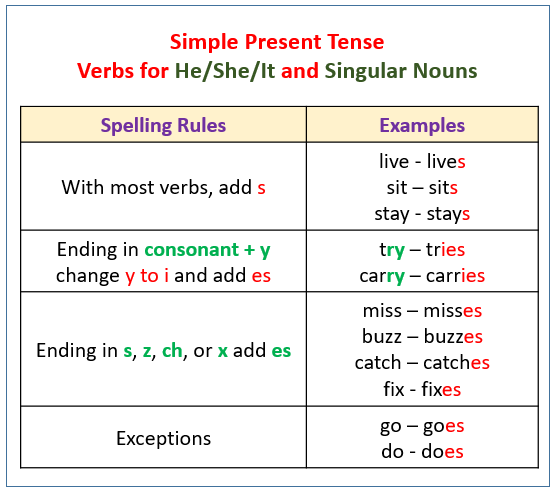



Verbs Present Tense Video Lessons Examples Explanations




Present Simple Tense In English Grammar Lesson




Go Went Gone What S The Difference Learn With Examples Youtube



The Difference Between A Tea Kettle And A Teapot Good Life Tea




Come And Go How To Use Come Vs Go Correctly Eslbuzz Learning English




Go Programming Language Wikipedia




Present Simple Tense In English Grammar Lesson
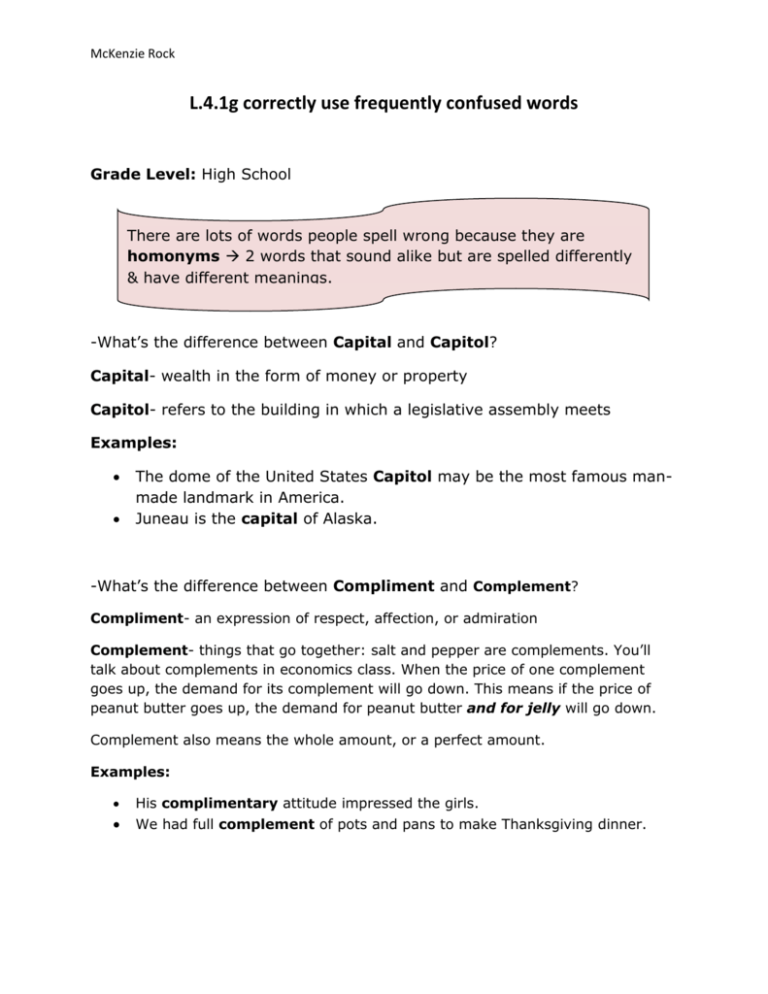



Handout With Less Common Words




Question 1 The Equilibrium Point For Our Two Island Chegg Com




What Is Difference Between Go Going Gone And Goes Justlearn
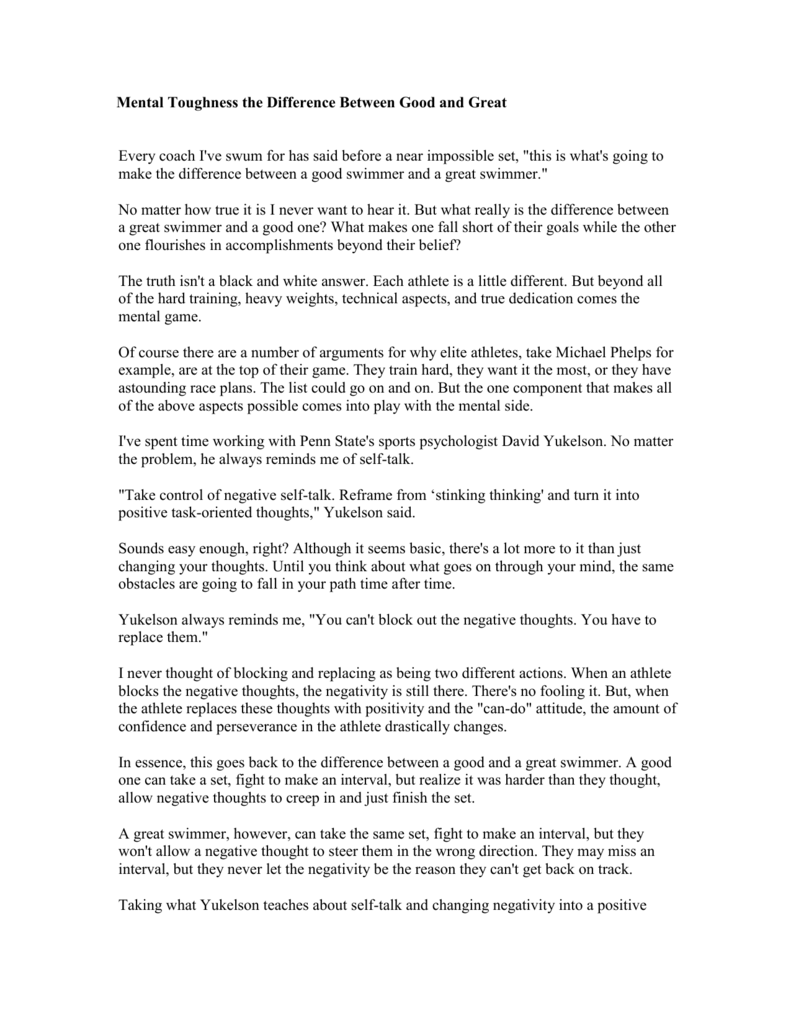



Mental Toughness The Difference Between Good And Great




What S The Difference Between Tumblr Com And Tumblr Net The Net Goes Me This Warning For Some Reason Tumblr



Goes 16 Goes R Fog Product Examples Page 2
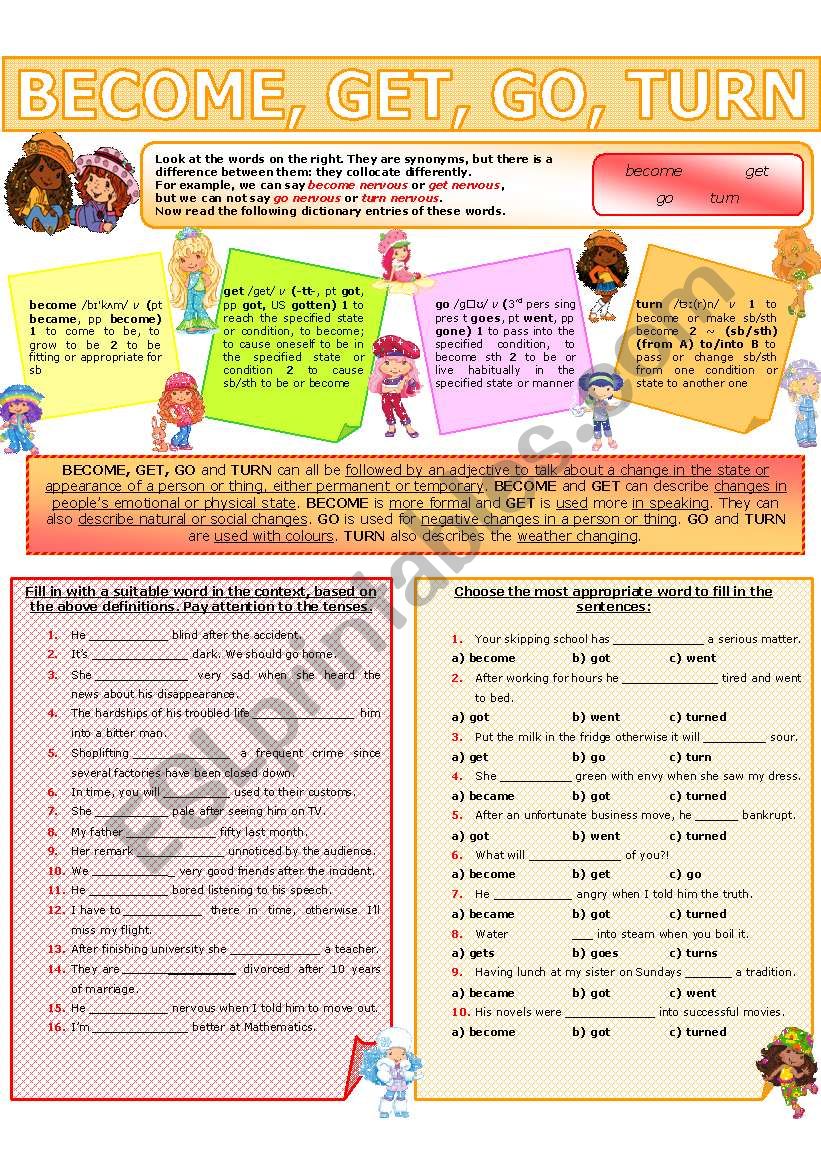



Collocation 35 Become Get Go Turn Esl Worksheet By Evadp75




Common Errors In Spoken English Go Goes Going Went Or Gone Learn English Mistakes Misused Grammar English
/cloudfront-us-east-1.images.arcpublishing.com/gray/INBRYFKDE5DERLO333XFZVIRIA.jpg)



Gov Edwards Stay At Home Order Goes Into Effect At 5 P M



Common Errors In Spoken English Go Goes Going Went Or Gone Learn English Mistakes Misused Grammar English




Passed Or Past




North 32nd News A Small Act Of Kindness Goes A Long Way During Covid 19 Veyo



0 件のコメント:
コメントを投稿